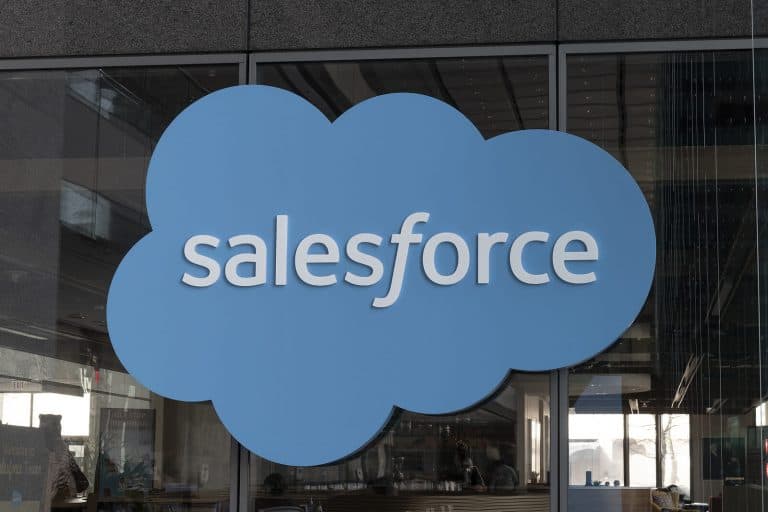Today, July 12, 2017 is Net Neutrality Day in the United States, a day to bring awareness to the May 16 decision of the Federal Communications Commission (FCC) to move forward to change the way that Americans can access the internet. President Trump’s FCC Chairman, Ajit Pai – a former Verizon lawyer – is planning on allowing service providers to change do away with Net Neutrality.
Table of Contents
ToggleWhat is Net Neutrality?
Net Neutrality is the concept that Internet Service Providers (ISPs) and governments treat all internet data as equal, whether it’s streaming video, cat photos, political speech, social media, academic research, and so on. Net Neutrality is currently protected by Title II of the Communications Act of 1934, establishing ISPs as common carriers, like electric and water utility companies.
Because of this, ISPs can’t create a “fast-lane” for preferred content, and a “slow-lane” for less favorable content. Without Net Neutrality rules in place, content could even be blocked from access by internet providers.
Why is Net Neutrality Important?
Because of Net Neutrality, companies can’t slow down access to certain types of content – such as political speech, or content from competitive providers. Content, website, and online app providers could be asked to pay large sums to guarantee access to users.
Streaming services, which transmit large amounts of data (and in direct competition with many ISP companies) might be hurt the most. Imagine if your cable or satellite company, (Comcast, Verizon, DirecTV, Charter, or Cox) could slow down Netflix content so it was basically unusable and customers would return to cable services. That’s already happened.
When has Net Neutrality Been An Issue?
Comcast has already been slowing down upload speeds to peer-to-peer content sharing platforms as early as 2008. More recently, Netflix and Comcast had a disagreement on streaming, and Netflix speeds over Comcast decreased by 25%. Once they had come to an agreement, they were even faster than before.
North Carolina-based Madison River Communications was caught slowing down data to VOIP internet-phone provider, and competitor, Vonage and was fined $15,000 by the FCC. And AT&T was caught blocking users of FaceTime.
Why Could Net Neutrality Become an Issue?
There are inherent conflicts in letting ISPs determine which content deserves preferential treatment. At a minimum, Comcast, Verizon, and AT&T would make more at the expense of users. Lawyers for the communications industry are saying that we should think about it as a “fast lane” and a “faster lane,” but when was the last time that you had internet speed faster than advertised?
Even worse, companies like Comcast (owns NBC Universal), Verizon (owns AOL and Yahoo), and AT&T (owns DirecTV and in talks to acquire Time Warner: CNN, HBO) could slow down competitor shows and content. Want to watch CNN streaming over Comcast? That might not load quickly or at all, not to mention Netflix, which constitutes up to a third of internet traffic at peak times during the day.
There even exists in the not-too-impossible realm that political speech could be hampered. Right-leaning Sinclair Broadcast Group announced in May of this year, a $3.9 billion deal to purchase Tribune, increasing their local news station holdings to 233 stations in 108 US markets. This deal would make it the largest owner of local news television programming in the US. Sinclair has been known to provide scripts to anchors and pre-packaged opinion segments to owned stations to air (more from John Oliver). Although the company does not currently own any service providers, it would not be too difficult to imagine the ramifications if they did.
How Does Net Neutrality Impact Businesses?
Imagine if MySpace could pay off Internet Service Providers and ensure availability to users above competitors. Would Facebook have taken off if a few Harvard students couldn’t pay to get their site seen?
Hundreds of companies that we use every day, from Amazon to Etsy to Netflix to Reddit to Google were once small companies who could not have paid millions for reliable speeds. And many of us use these services every single day. Without Net Neutrality, better, more useful, faster, and cheaper services would never be able to get over the cost hurdle to become full-fledged companies.
What Are Companies Doing in Response?
Today, in support of Net Neutrality Day, a wide array of companies are working to raise awareness of the issue, changing their logos, slowing down connection speeds, or linking to information about Net Neutrality and ways to act.
Reddit posted this message in support of Net Neutrality:

Twitter has added a special logo to the #NetNeutrality hashtag:

Netflix is prominently displaying a banner at the top of their website:

Even PornHub is joining in and supppoting Net Neutrality:
![]()
What Can You Do?
Go to www.battleforthenet.com to learn more, and send a letter to the FCC and to Congress (or even meet with your members of congress.)
Share this blog post with your friends, and let people know that Net Neutrality is important.
Write a Letter to the Editor of the newspaper in your city or town.
What are your thoughts about Net Neutrality? Post your comments below!






